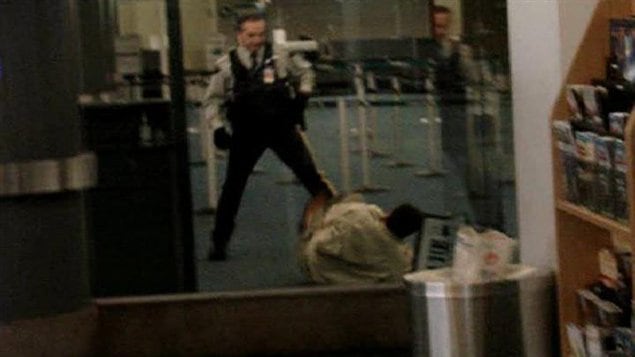There have been several cases in Canada where police have confronted an aggressive person and shot them, not realizing they suffered serious mental disorders. Representatives from several police forces met with mental health workers this week in Toronto to try to find better ways for officers to handle such situations.
“It’s critical that we talk to police about how to respond, how to do these kinds of calls differently than the kind of rapid deployment that they would be used to in a, say, use of force model,” says Mary Pyche, a leader in Acute Care and Crisis Support in the Addictions and Mental Health Program in the eastern city of Halifax, Nova Scotia.

Most call police in a crisis
In some Canadian cities there are 24-hour intervention services offering help for those who are mentally ill and in crisis. But in a crisis, most people think first to call police, and some officers don’t feel they have the skill to handle the mentally ill.
Police need to form partnerships with mental health workers, if they don’t already have them, says Pyche. Such liasons can enable officers to call for help when faced with people who are in crisis and it can lead to better training for police on how to handle such situations.
Standardized training could help police
Police say it would help if they knew on their way to a situation whether mental health issues were involved. That’s why Pyche recommends those who take the phone calls and dispatch police should have special training to help them ascertain whether mental health issues are involved in given situations.
A national framework describing how best to train police to deal with the mentally ill would help, says Pyche, and those attending the conference released a summary of a proposed set of standards. No body exists in Canada that could enforce it, but several who attended the conference suggested police forces would adopt it voluntarily.
Pyche thinks things are improving in police dealings with people with mental illnesses. In her own province of Nova Scotia, police work with the Department of Justice and the Department of Health to devise strategies. She says if her province can improve, so can others. “We have a long ways to go. We’ve come a long way from where we were.”







For reasons beyond our control, and for an undetermined period of time, our comment section is now closed. However, our social networks remain open to your contributions.